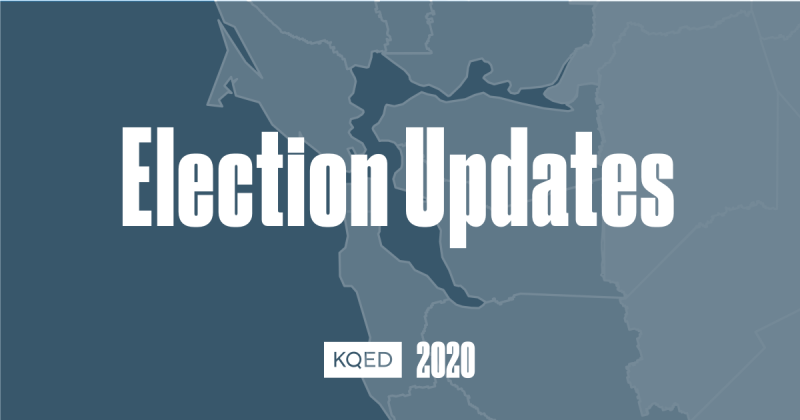After an intense and pricey campaign, Proposition 15 has failed. The property tax reform measure, which would have raised billions for local governments and schools, lost by a narrow margin.
Education and labor leaders who embraced the initiative, eager for the much needed bump in funding, are coping with the verdict from voters. “It’s really frustrating,” said Matthew Duffy, the superintendent of West Contra Costa Unified School District. “Because it continues to create an understanding that you’re only going to have a good education if you have money.”
He argued that persistent underfunding has public schools trapped in a downward spiral. “When you drain money from these systems they don’t perform as well,” he said, “and then their reputation suffers, people don’t want to give money to them.” He saw Proposition 15 as one of the first systemic opportunities to counteract that trend in decades.

